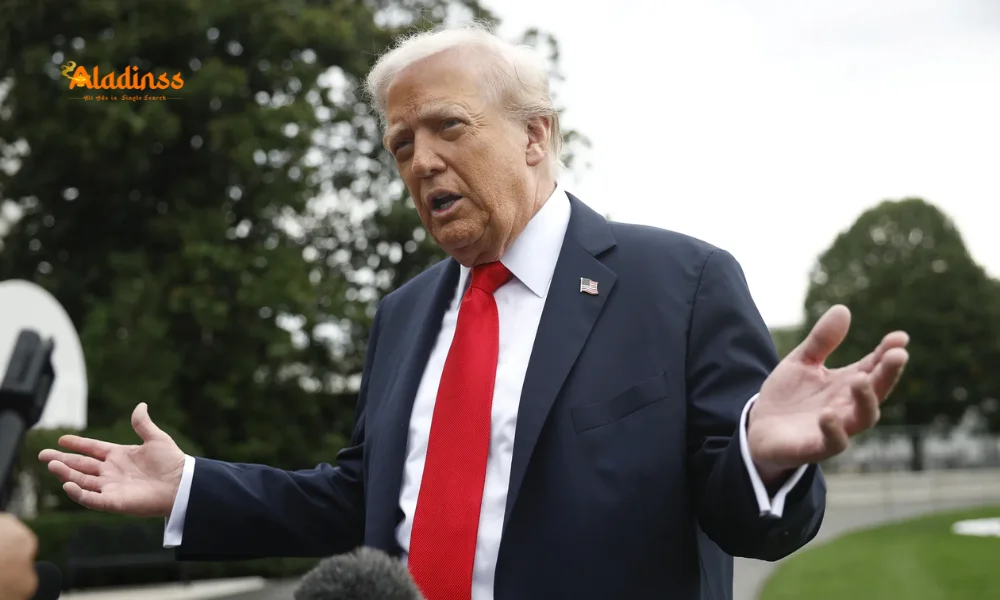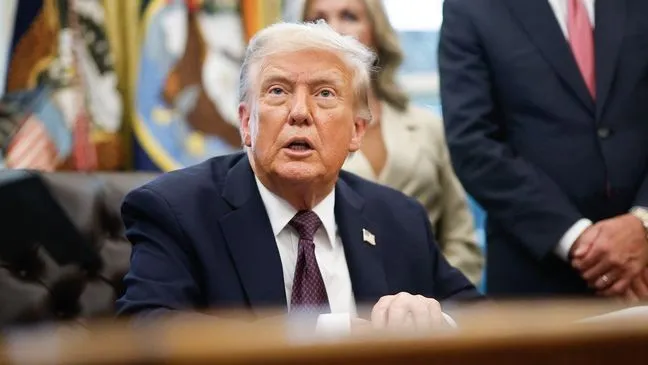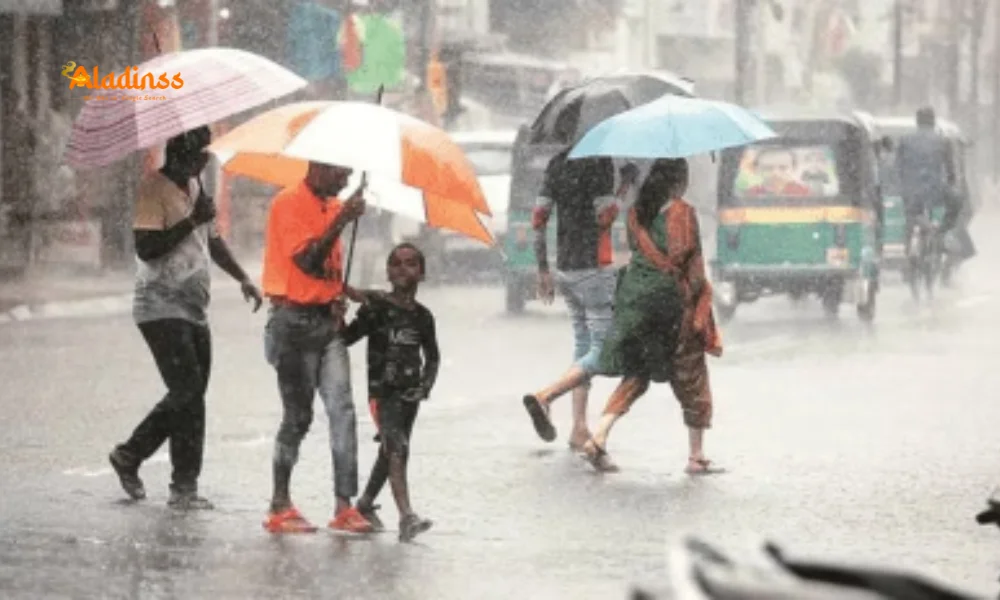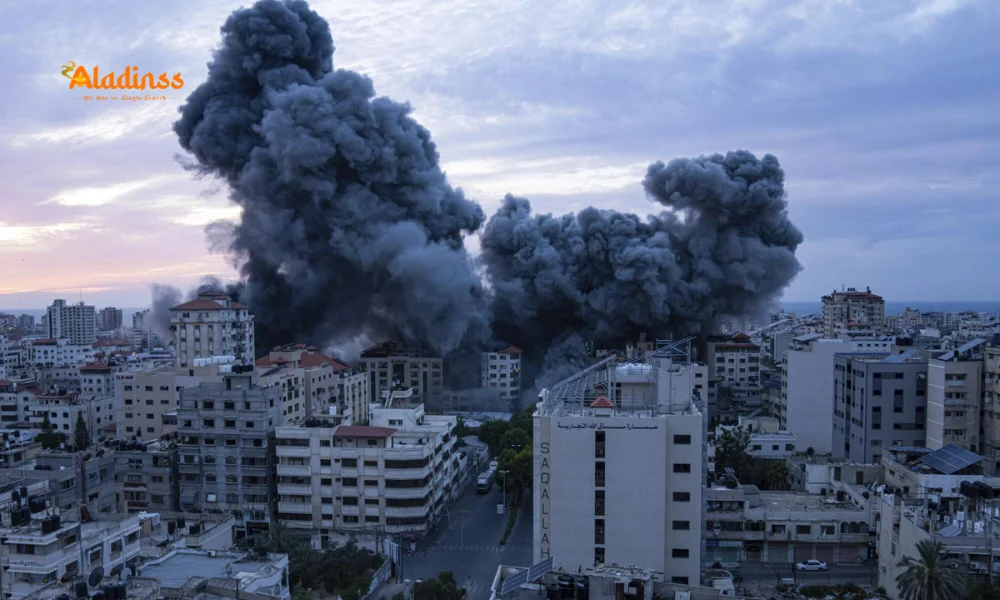Radical Left Disaster: Trump Designates Antifa As Terrorist Organisation After Charlie Kirk Murder

Trump Designates Antifa as Terrorist Organization After Charlie Kirk Assassination Breaking News
In a bold and controversial move that has sent shockwaves through the American political landscape, US President Donald Trump announced on Thursday his decision to designate the Antifa movement as a terrorist organization. This executive action follows the tragic assassination of prominent right-wing political activist Charlie Kirk, an event that has ignited fierce debates across the nation. Trump's declaration, shared via his Truth Social platform, labels Antifa as a "sick, dangerous, and radical left disaster," underscoring his administration's commitment to combating what he perceives as domestic threats from far-left groups. This latest development in US politics comes amid heightened tensions, with Google trends showing surging searches for "Trump Antifa terrorist designation" and related terms like "Charlie Kirk murder update" dominating online discussions.
The assassination of Charlie Kirk, a key figure in conservative activism and founder of Turning Point USA, has been described by White House officials as the culmination of organized violence from left-wing extremists. Kirk, known for his outspoken criticism of progressive policies and his role in mobilizing young conservatives, was killed last week in what authorities are investigating as a targeted attack. The incident has prompted an outpouring of grief from the right-wing community and calls for immediate action against groups like Antifa, which Trump and his allies have long accused of fostering an environment of violence and intimidation.
Trump's Announcement and Its Immediate Implications
President Trump's post on Truth Social not only formalized the terrorist designation but also vowed a thorough investigation into those funding Antifa activities. "I will also be strongly recommending that those funding ANTIFA be thoroughly investigated in accordance with the highest legal standards and practices," Trump stated, signaling a potential crackdown that could involve financial audits, asset freezes, and legal prosecutions. This move is seen as a direct response to the Charlie Kirk assassination, which has been linked by administration officials to a broader pattern of aggression from far-left militants.
Antifa, an acronym for "anti-fascists," represents a decentralized network of activist groups united by their opposition to fascism, racism, and authoritarianism. Unlike traditional organizations with a clear hierarchy, Antifa operates as a loose ideology-driven movement, making its designation as a terrorist entity a complex legal and political challenge. Experts note that this lack of structure has historically protected Antifa from formal sanctions, but Trump's administration appears determined to redefine the parameters for such classifications in the wake of escalating political violence.

The timing of this designation is particularly poignant, occurring just days after the Charlie Kirk murder, which has become a rallying cry for conservatives. Kirk's death has amplified calls for stronger measures against domestic extremism, with social media platforms like X buzzing under hashtags such as #AntifaTerrorists and #JusticeForCharlieKirk. These trending topics reflect the public's divided sentiments, with supporters praising Trump's decisiveness and critics decrying it as an overreach that stifles free speech.
Background on Antifa and Its Role in US Politics
To understand the significance of Trump's designation, it is essential to delve into the history and operations of Antifa. Emerging in the United States during the 1980s as a response to the rise of neo-Nazi and white supremacist groups, Antifa has evolved into a symbol of resistance against perceived fascist elements within society. Members often engage in direct action, including protests, counter-demonstrations, and occasionally confrontational tactics to disrupt events organized by far-right figures. While many Antifa activities are peaceful, instances of property damage, clashes with law enforcement, and alleged involvement in violent incidents have drawn widespread condemnation.
In recent years, Antifa has been at the forefront of major social movements, including the Black Lives Matter protests following George Floyd's death in 2020. During that period, reports of vandalism and looting attributed to Antifa-affiliated individuals fueled political rhetoric from the right, positioning the group as a primary target for law enforcement. Trump's previous administration had already taken steps to monitor Antifa, with federal agencies like the FBI and DHS issuing warnings about its potential to incite violence. However, the ideological nature of Antifa, as testified by former FBI Director Christopher Wray in 2020, complicated efforts to label it as a formal organization.
Wray's testimony highlighted that Antifa lacks the command-and-control structure typical of designated terrorist groups like ISIS or al-Qaeda. Instead, it functions as a diffuse ideology that inspires autonomous actions by individuals or small cells. This distinction has been a point of contention, with critics arguing that treating Antifa as a terrorist entity could infringe on First Amendment rights. Nonetheless, the Charlie Kirk assassination has shifted the narrative, providing Trump with a concrete incident to justify his aggressive stance.
White House Response to the Charlie Kirk Assassination
Senior White House officials, including Deputy Chief of Staff Stephen Miller, have been vocal in framing the Kirk assassination as part of a larger "vast domestic terror movement" orchestrated by left-wing radicals. In statements to the press, Miller emphasized that the Trump administration would "channel all of the anger that we have over the organised campaign that led to this assassination, to uproot and dismantle these terrorist networks." This rhetoric suggests a comprehensive strategy that may include enhanced surveillance, increased funding for counter-terrorism units, and legislative pushes to expand the definition of domestic terrorism.
The assassination itself occurred under mysterious circumstances, with preliminary investigations pointing to a lone gunman with ties to Antifa circles. Details emerging from law enforcement sources indicate that the attacker had a history of participating in anti-fascist rallies and had publicly expressed animosity toward conservative figures like Kirk. The incident has not only devastated Kirk's family and supporters but has also reignited debates over political violence in America, drawing parallels to previous high-profile attacks on politicians and activists from both sides of the aisle.
Historical Precedents for Designating Domestic Groups
Trump's decision echoes earlier attempts to address Antifa's activities. Back in July 2019, a Senate resolution was introduced to condemn Antifa's violent acts and formally designate it as a domestic terror organization. Although the resolution did not pass, it garnered significant support from Republican lawmakers and set the stage for future actions. More recently, in the aftermath of the January 6, 2021, Capitol riot, discussions about domestic terrorism designations expanded to include both far-left and far-right extremists, highlighting the bipartisan nature of the threat.
Under Trump's current administration, officials have signaled a targeted approach toward left-wing groups, particularly in light of incidents like the Kirk murder. This focus has drawn sharp criticism from Democrats, who argue that it creates a pretext for suppressing dissent. Reports indicate that administration figures are preparing a coordinated effort to prosecute individuals involved in Antifa-related activities, potentially leading to a wave of arrests and trials that could reshape the landscape of protest movements in the US.
Democratic Opposition and Legal Challenges
The designation has already sparked protests from Democratic leaders, who contend that Trump's actions are politically motivated and aimed at silencing opposition voices. Civil liberties organizations, such as the ACLU, have warned that labeling Antifa as a terrorist group could lead to widespread surveillance and erosion of civil rights. Legal experts predict that this move will face immediate court challenges, testing the boundaries of executive authority in designating domestic threats.
Furthermore, the decentralized nature of Antifa raises practical questions about enforcement. Without a central leadership to target, the administration may resort to monitoring online communications, financial transactions, and public gatherings associated with anti-fascist ideologies. This approach could inadvertently affect legitimate activists and journalists covering these movements, amplifying concerns over free speech violations.
Public Reaction and Social Media Trends
Public response to Trump's announcement has been polarized, mirroring the deep divisions in American society. On platforms like X, hashtags such as #RadicalLeftDisaster and #TrumpVsAntifa are trending, with users from conservative circles hailing the move as a necessary step toward national security. Conversely, progressive voices are mobilizing under #DefendAntifa and #StopTrumpTyranny, organizing virtual rallies and petitions against the designation.
Google trends data reveals a spike in searches for "Antifa terrorist organization latest development" and "Charlie Kirk assassination report," indicating heightened public interest. Media coverage has been extensive, with outlets across the spectrum providing analysis on the potential ramifications for future elections and civil unrest. As the story unfolds, it is clear that this event will have lasting effects on the discourse surrounding extremism in the United States.
The Charlie Kirk assassination has also brought renewed attention to the safety of political activists. Kirk's work with Turning Point USA focused on countering what he saw as leftist indoctrination on college campuses, making him a frequent target for criticism. His death serves as a stark reminder of the risks faced by those engaged in partisan activism, prompting discussions on protective measures for public figures.
Broader Context of Domestic Terrorism in America
This designation occurs against a backdrop of increasing domestic terrorism threats, as outlined in recent FBI reports. Both far-left and far-right groups have been implicated in violent incidents, from the Portland protests to the Charlottesville rally. Trump's focus on Antifa aligns with his administration's narrative of prioritizing threats from the left, though intelligence assessments suggest that white supremacist groups pose an equally significant risk.
Policymakers are now grappling with how to balance security concerns with constitutional protections. Proposed legislation could expand the tools available to federal agencies, including wiretaps and no-fly list inclusions for suspected Antifa members. However, such measures risk alienating moderate voices and exacerbating social divisions, potentially leading to more unrest in the lead-up to future elections.
As investigations into the Kirk assassination continue, more details may emerge about the assailant's motivations and connections. This could either bolster the case for the terrorist designation or reveal nuances that complicate the narrative. Regardless, Trump's action marks a pivotal moment in the fight against domestic extremism, setting the stage for intense legal and political battles ahead.
The international community is also watching closely, with allies expressing concerns over the implications for democratic norms. Reports from global media highlight how this development could influence counter-terrorism strategies worldwide, particularly in nations dealing with similar ideological conflicts. In the US, the story continues to evolve, with daily updates keeping the nation on edge.
Comment / Reply From
No comments yet. Be the first to comment!








